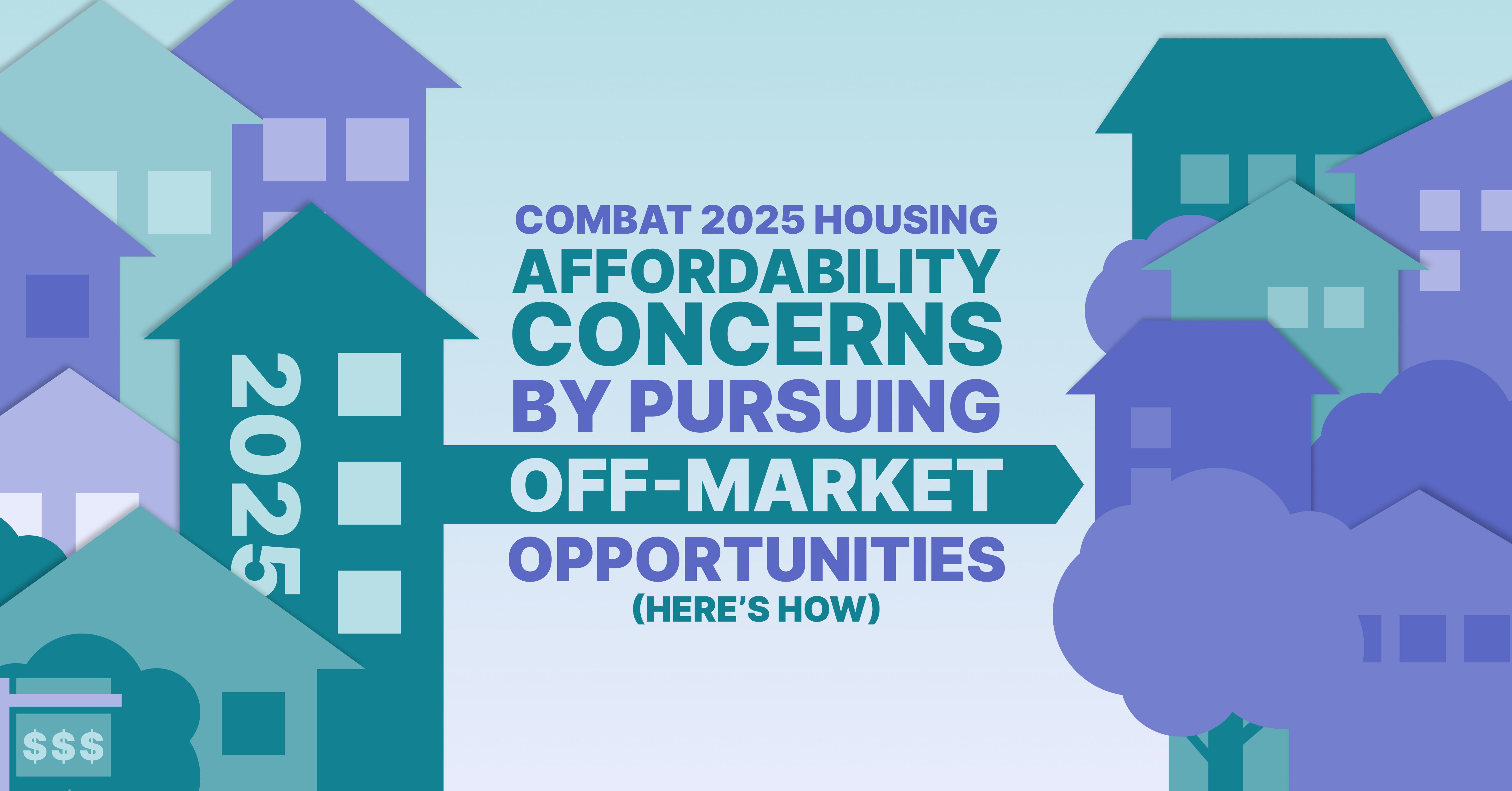Most real estate investors prefer to be physically close to their investment properties. It’s easier to keep an eye on the place when you live nearby, and if issues arise, it’s nice to be able to assess the situation in person.
But there are times when it makes more sense to invest in out-of-state properties. If you live in a state with excessively high property values, such as California, your surrounding areas may be too expensive to invest in. Or you might live in a state with landlord-tenant legislation that heavily favors the tenants (such as Hawaii or Delaware), in which case a state with more landlord-friendly laws may offer better investment opportunity.
You don’t need to limit yourself to your own area — not when there are so many ways to make out-of-state investments work. Here are some tips and tricks for out-of-state investors.
Use Smart Tech Tools to Do Your Research
Buying an out-of-state investment property can be difficult simply because you’re not as familiar with those outside markets as you are with your own neighborhood. Luckily, smart tech tools such as PropStream’s nationwide property research and step-by-step analysis wizard make it easy for you to find and analyze properties from the comfort of your own home.
There are even property tax tools to help you analyze property tax liability for areas you’re not personally familiar with.
Stick to Buy-and-Hold With Long-Term Renters
Out-of-state investors are better suited to the buy-and-hold investment model, especially when they can get long-term renters. Fix-and-flips are simply too labor-intensive to manage when you live far from your investment property. But with buy-and-hold properties, the income is largely passive and doesn't require you to be on site.
Similarly, long-term tenants require less maintenance than short-term tenants. Instead of turning over the unit every week or two (as you would with short-term vacation rentals), you may only need to find new tenants once every year or two. Long-term rentals dramatically limit the amount of time and energy you need to invest in the property.
Know When to Involve a Local Professional
Managing an out-of-state rental property is fairly easy as long as:
- The property is in good condition and won’t require constant repairs.
- You find reliable, responsible tenants who won’t make things needlessly difficult for you.
When these two criteria are met, most months come and go with purely passive income and zero time or money lost on the property. You may need to respond to a maintenance request every once in a while and draft a lease renewal once a year, but those are minor inconveniences.
Having said that, you need to know when to get a local professional involved. Finding new tenants and turning the unit over is best handled by a local property manager who can coordinate the turn on site for a one-time fee. Legal issues, such as evictions, should also be handled by a local professional. But if you invest in hiring a professional to screen your tenants, serious issues rarely (if ever) come up.
So don’t limit your real estate investments to your own state. With the right real estate tools and some strategic planning, out-of-state investors can manage their investment properties from afar.



